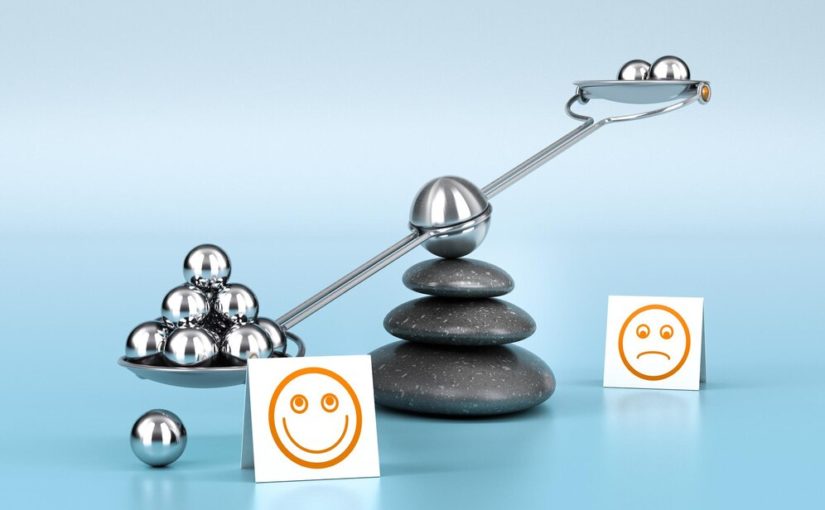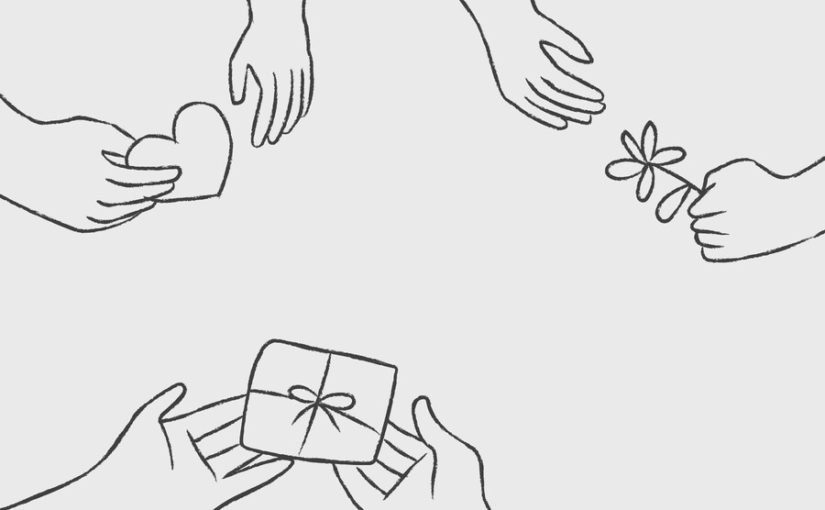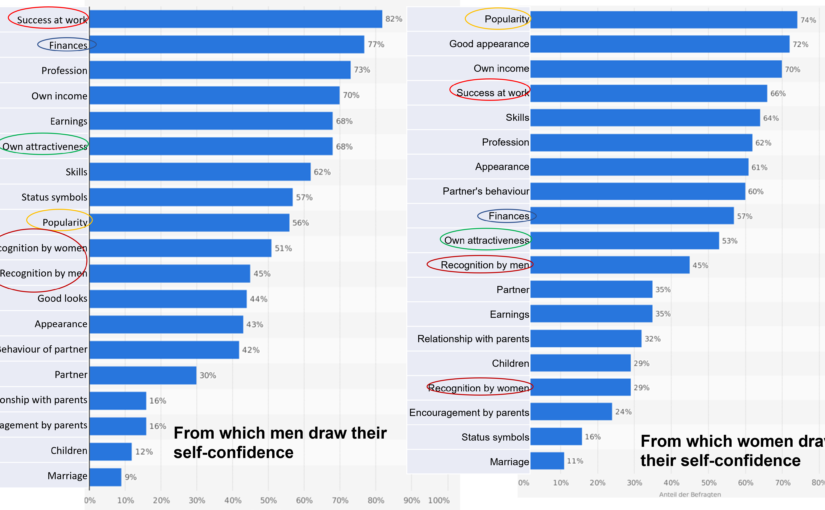Self-knowledge has a long history and is mentioned in Sanskrit „This is you“ and in the Temple of Delphi „Know thyself“. In psychology, it is the introspective analysis of one’s own thought patterns, interpretations, and character in order to find answers: What am I like? Who am I? It is about understanding the reasons for one’s behaviour and actions to be able to change them. (source: Selbsterkenntnis – Lexikon der Psychologie (spektrum.de))
Self-criticism is looking critically at oneself and finding misbehaviour or shortcomings in oneself. The core question of self-criticism is: „Why did this happen? Why did I make this mistake?“ If a person names the shortcomings themselves, they will be more motivated to change them than if they are criticised by someone else. (source: Selbstkritik – Lexikon der Psychologie (spektrum.de))
In this way, self-criticism is needed to build self-awareness, but it is limited because it focuses on a person’s shortcomings rather than their strengths. Self-awareness is a balanced approach that considers both the strengths and the weaknesses of the self. This has a more positive impact on the self than focusing solely on failures and areas for development, and has an impact on a person’s performance. The Gallup Institute suggests that focusing on strengths leads to six times greater emotional engagement in one’s work, employees are six times more likely to do what they do best every day, three times more likely to feel that their quality of life is excellent, and 8-18% higher performance, which increases turnover by 10-19% and profits by 14-29%. (source: Learn About the Science of CliftonStrengths | EN – Gallup))
To create an environment of self-awareness rather than self-criticism, Tasha Eurich´s tip might be useful. Ask yourself and others questions that start with What…. rather than Why… . The why always looks backwards and seeks out the „culprit“. What looks forward and tries to find solutions. This allows for real reflection on what has happened.
Give more weight to the What in your everyday communication.









